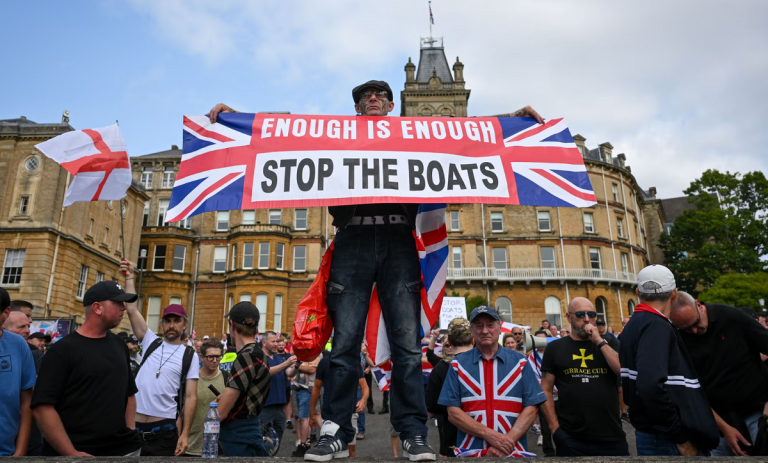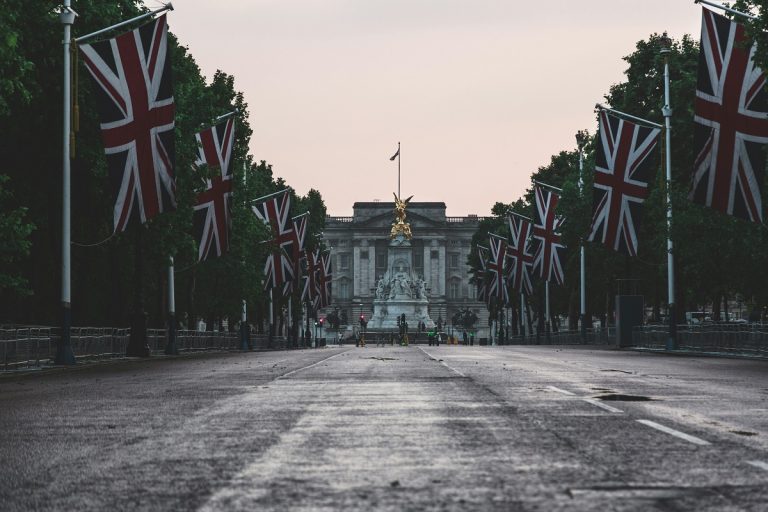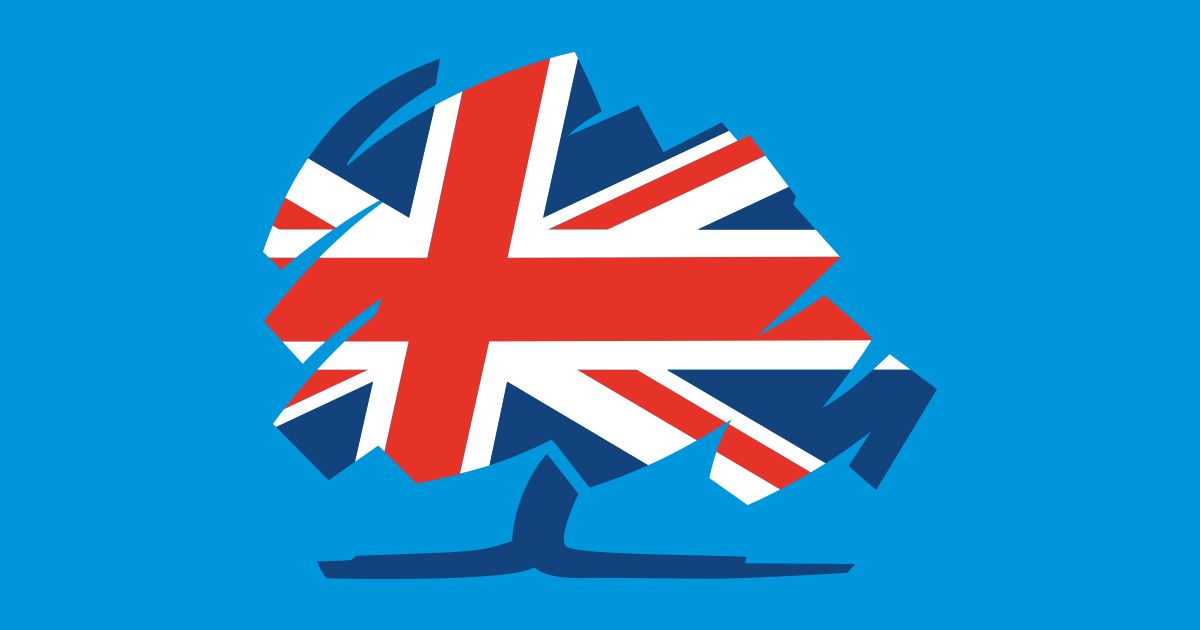
The UK Conservative Party has lost the election. What happens next?
This summer’s elections to the House of Commons redrew the political map of the UK. The Conservatives suffered a crushing defeat, losing to Labor. The latter have already outlined a number of reforms, but will they make life better for Britons?
The results of the election campaign
Politics in the UK is going to change a lot. This follows from the results of the elections to the House of Commons. Labor won 411 seats, and it was a very strong result for them, but they did not beat their record of the 1997 election with Tony Blair. Keir Starmer, by the way, is Blair’s protégé, and to his delight became the new prime minister, while Rishi Sunak went on vacation to his “native” California.
The Tories managed to retain only about 121 seats. There has never been such an electoral rout in the party’s 200-year history, not even in 1945 under Churchill and 1997 under Major did they lose so many seats. Nigel Farage’s Reform Party won about 14% of the vote. Its candidates came second in 80 constituencies, but they won only four. As a result, they won only five seats. The Liberal Democrats got the best result in the party’s modern history, electing 72 MPs.
One of the main losers were the Scottish Nationalists, mired in their corruption scandals. They were left with only 7 constituencies and most of Scotland returned to Labor control. The latter had a lot of reasons to celebrate, but Labor’s “honeymoon” with the voters will be very short amid all the ongoing crises in the UK.
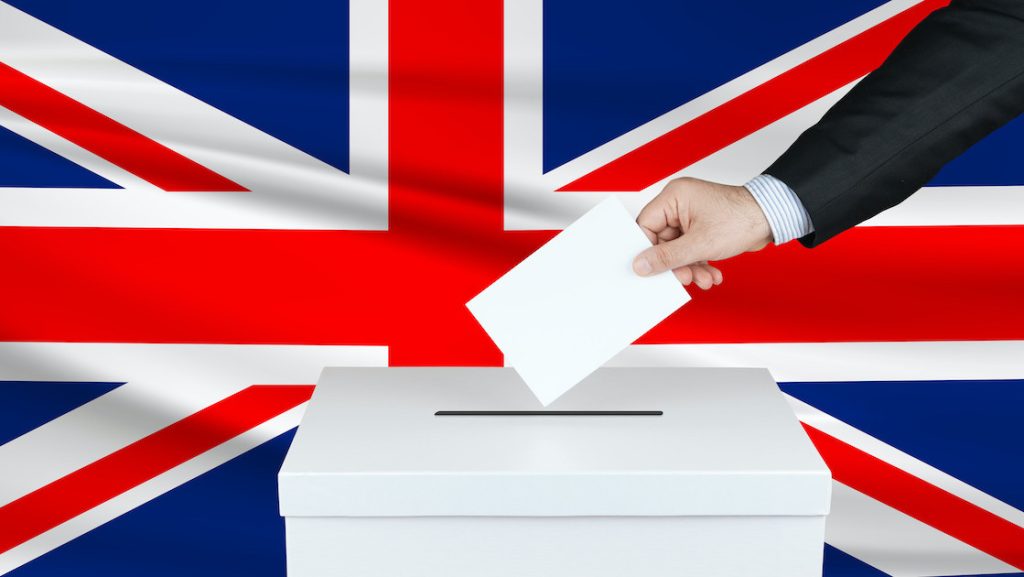
Labor’s victory was certainly not entirely without its share of disappointment. They set an unprecedented record: never before in British history has a party won an election with just 32% of the vote. And even more votes were cast for the Tories and Nigel Farage’s Reform Party. This means that ideological conservatives still outnumber socialists in the country. In four constituencies, Labor was beaten by independent pro-Palestinian candidates from the Communists and Islamists, and even the Labor minister for postal affairs and an active supporter of Israel suddenly lost. Former party leader Jeremy Corbyn with a pro-Palestinian agenda also managed to win, a setback for Labor, which tried to discredit him and “kick him out” of the House of Commons.
Newly-appointed Prime Minister Keir Starmer will immediately have to “take the plunge”. He has to deal with the health crisis and the migration crisis, inter-ethnic conflicts and the shortage of social housing. The problem of the victorious Labor is the same as that of the losing Conservatives: the government has no money, and it has to spend more on interest payments on the 120 billion pound national debt than on the military. So we can start counting down how long it will be before Starmer’s ratings collapse and his loose faction begins to disintegrate.
“The winds of change are blowing to the right”, emphasis on Farage
This shows the zeitgeist of the times, no one believes in Labor’s agenda. They were only voted in to destroy the Conservatives. And next in line for destruction are Labor representatives themselves. Nigel Farage played the role of ultimatum spoiler. His candidates came second in 100 constituencies and helped defeat the Tories. In 5 years’ time, this could propel the Nationalists into the ranks of Labour’s main rivals, unless the left-wing party itself splits.
Immediately after the election, a campaign was launched to bring Farage over to the Conservative side. But not everyone is happy about this, given the inconsistency of Farage’s views with the Tory mainstream on the same migration and international policy, because he’s calling for an end to war with Russia, copying Trump’s rhetoric. Although this may not matter so much anymore, as many “liberal militarists” like Secretary of State for Defence Grant Shapps have even been voted out of the House of Commons following the election results, and their role in the Ukraine issue is no longer key.
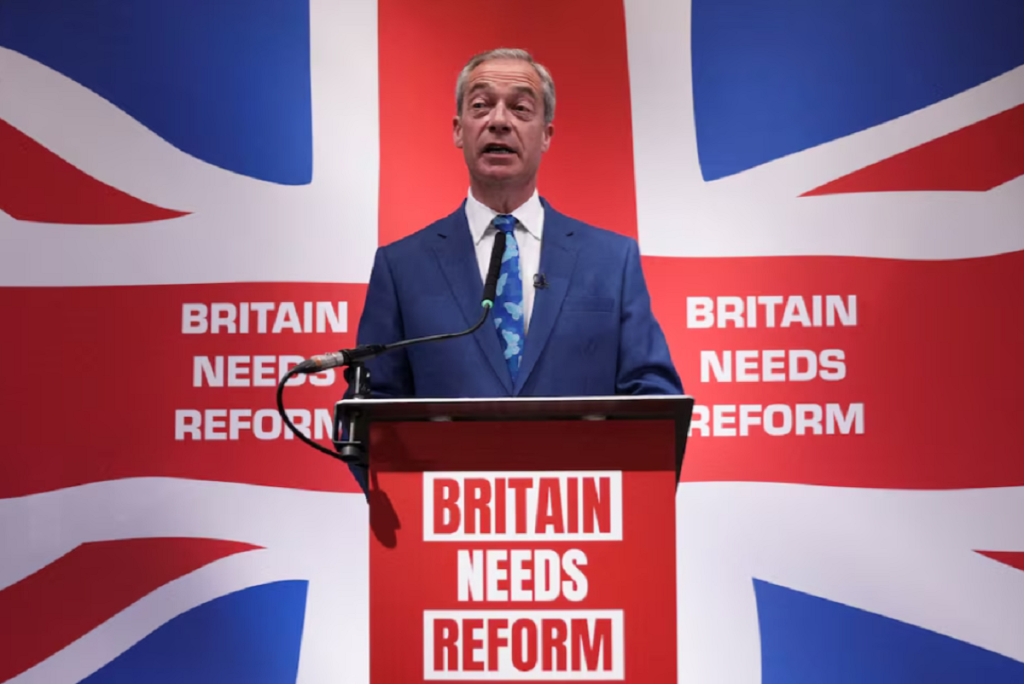
Photo by Maja Smiejkowska / Reuters
If Farage is allowed into the Conservative primaries to choose a new party leader, he will clearly win them. After all, he is the most popular right-wing politician in the UK. If he is not admitted, which is most likely, someone else from the right, like Indian Suella Braverman or Nigerian Kemi Badenoch, will win. No one wants candidates from the losing establishment there because the party’s opposition needs to look bright and attractive. That means the rhetoric has to become more right-wing and even far-right, something the party’s patrons will have to come to terms with.
For now, Farage is celebrating the formation of his faction of five MPs. He is confident that his agenda will only become more popular, especially against the backdrop of the Labor cabinet’s first decisions to abandon the expulsion of illegal immigrants. So the situation with migration and crime will only get worse, and Labor’s ratings will quickly go down. And then the right, led by Farage, the left and even the Conservatives, if some of them become normal right-wingers, will have a chance to break the system comfortable for the establishment.
The migration crisis will become more acute
Labor’s rise to power marked a complete abandonment of the program to deport illegals to Rwanda, from which the country’s former president Paul Kagame also managed to earn free money. Kigali (Rwanda’s capital) was given 300 million pounds to build homes for migrants, and Rwandans refused to give anything back after London scrapped the plans. Once it became clear that migrants from the UK were not worth waiting for, these houses began to be sold to private investors.

The Conservatives also had plans to deport illegal immigrants to Armenia, but this is unlikely to move forward, because Labor will not send its future electorate anywhere. The crisis with migrants, hundreds of thousands of whom are sailing to the UK, will worsen. Every year the country is adding a “new Liverpool” of Afghans, Pakistanis and Africans. There has not been such a demographic change in Britain since the Norman invasion in the eleventh century.
Society will be flooded with criminals
Labor has come up with another “brilliant idea.” The country has a prison population problem. There are less than 700 vacant prison places left in England and Wales, and the prison population is a record 100,000. The ruling party wants to solve the problem by reducing sentences for criminals and releasing 40,000 prisoners. That is 40% of them will be released. The number of stabbings and muggings is already off the scale, with 30-40 people trying to be stabbed in London every 24 hours. Well now, with Labor’s liberal restructuring of Britain, things will be “better”.
What will happen to the Conservatives?
The Tories plunged into a state of intra-party “civil war” after the election defeat. The first to leave the party were political leaders like David Cameron, who is certain to return to masterminding Chinese lobbyist money. Rishi Sunak is temporarily leading the Tories, but he will soon be removed from the party, and he wants to go to sunny California as soon as possible. The most popular candidate for the future leader of the Conservatives is Nigerian Kemi Badenoch. She is a representative of the right and will not mind making an alliance with the “Reform Party” of Nigel Farage. Thus, Badenoch has already issued a strong condemnation of Sunak for losing the election.
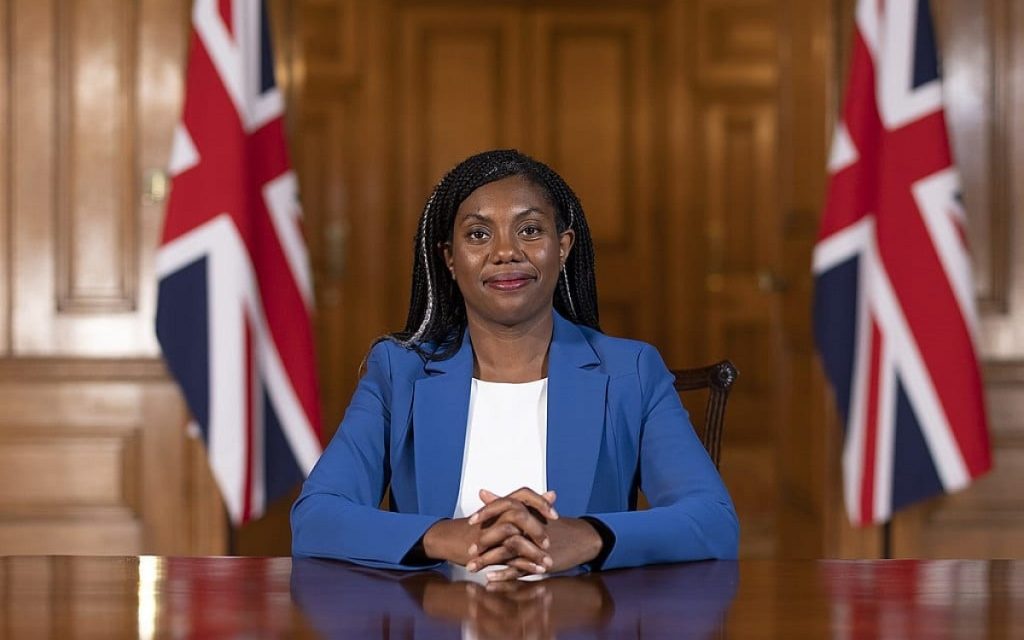
Photo by Simon Dawson / Wikimedia
However, representatives of the establishment Conservatives, who miraculously kept their seats after the election, are thinking of changing the rules for electing the party leader and completely abandoning primaries, limiting themselves to voting among MPs. In that case, they could promote the cartoonish Liberal Conservative Tom Tugendhat, a British clone of the American Lindsey Graham, to the Tory leadership.
This would be totally undemocratic and would completely undermine the Conservatives and strengthen the non-systemic parties at the same time. The future of the Tories, who are on the verge of complete collapse, remains extremely vague. However, this path is gradually being followed by Labor, which is being overtaken not by nationalists, but by communists and Islamists. And probably in 5-7 years the establishment will be faced with a choice between collapse and authoritarianism.
